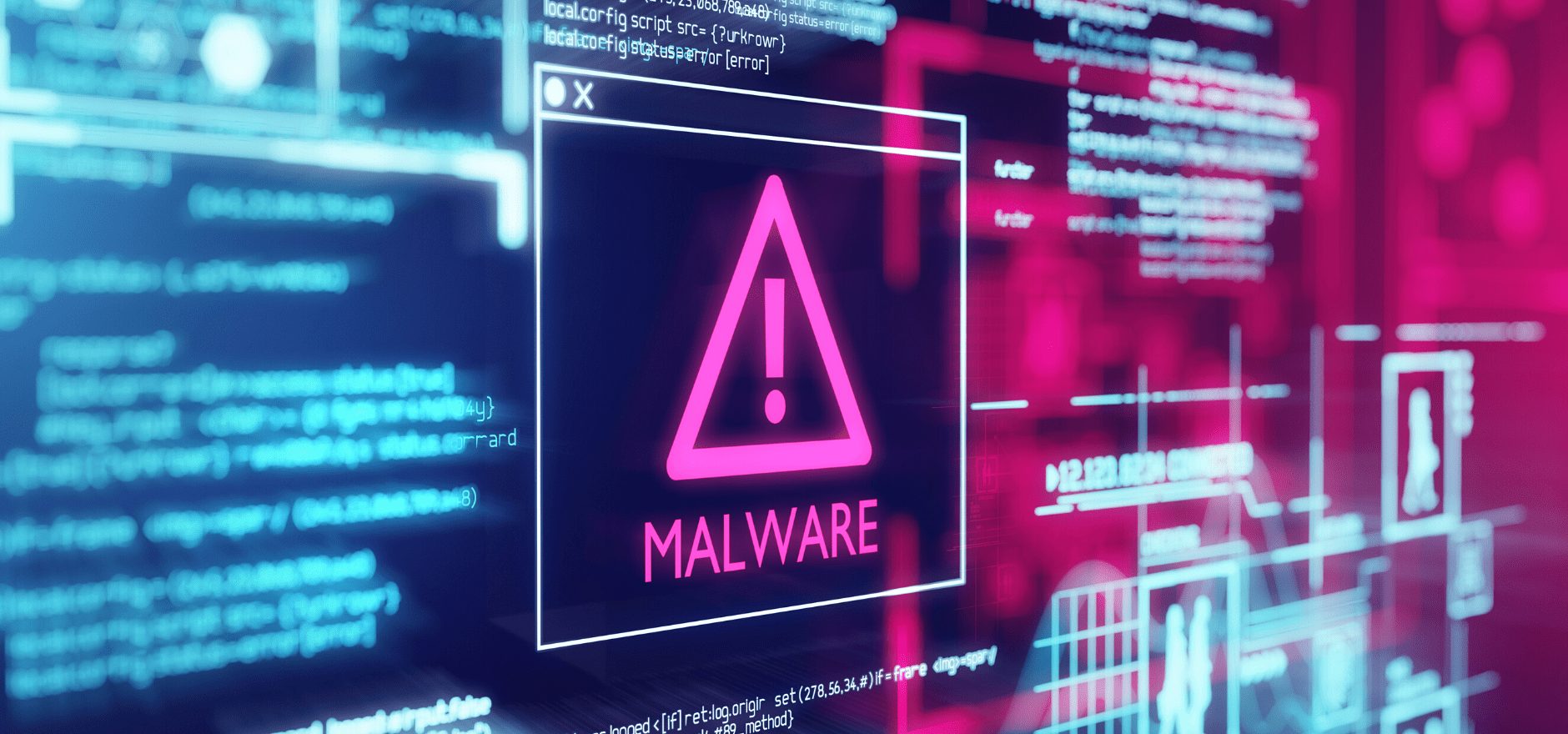The Colonial Pipeline and JBS Foods hacks were a big deal.
Russian operatives used those cyberattacks to collect millions of dollars in ransom, but those incursions are not rare.
In fact, it’s going to get even worse than the 65,000 such attacks launched last year.
The troubling caveat with these attacks is, simply, that they work.
The attack on Colonial Pipeline spurred all kinds of panic behavior – people believed there would be a long-lasting gas shortage.
The attack on JBS had people in a panic about the domestic beef supply.
Recorded Future, a Boston-based cybersecurity company, pegged the 65k number of attacks in 2020, and experts claim computer systems are sitting ducks, made more vulnerable by the effects of the pandemic.
An NPR.org story illustrated the challenges associated:
“Criminals today can easily find sophisticated malware in dark corners of the web, and the growing popularity of cryptocurrencies such as Bitcoin is further emboldening cybercriminals by making it easier for them to evade law enforcement and financial regulators.
“And then there is the most important reason of them all: Attacks are likely to continue because they work.”
The “police” are trying to keep up – the FBI was able to pull back $2.3 million of the $4.4 million ransom paid in the Colonial attack – but analysts warn of a difficult future.
“This is just the beginning,” Holden Triplett, founder of the cybersecurity consulting firm Trenchcoat Advisors, said in the NPR story. “And it’s going to get a lot worse,” he notes.
The rise of bitcoin and other digital money has exacerbated the situation.
“I do think cryptocurrency has actually helped facilitate the ransomware market,” Kiersten Todt, the managing director of the Cyber Readiness Institute, told NPR, which added: It’s become so ingrained in the world of cryptocurrencies that companies are even buying Bitcoins to fight the potential of attacks.


















Add comment